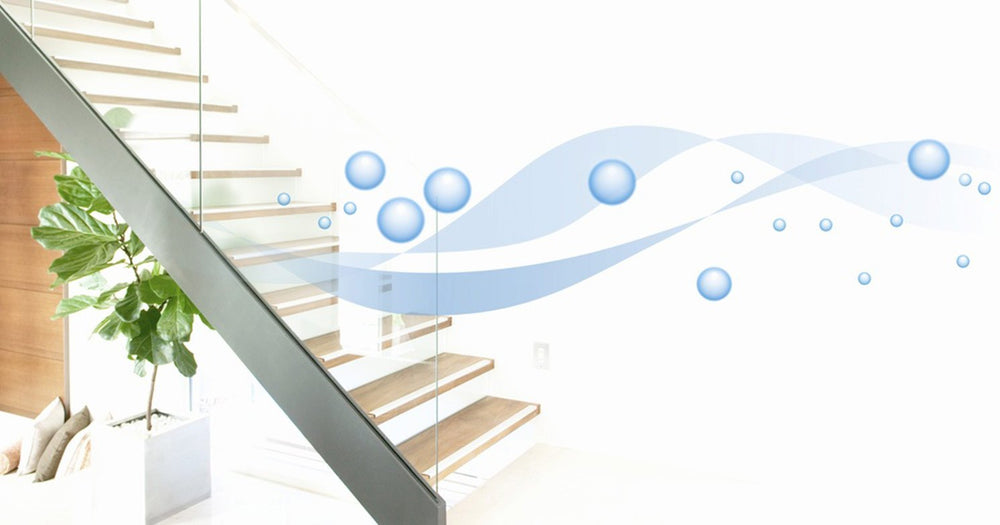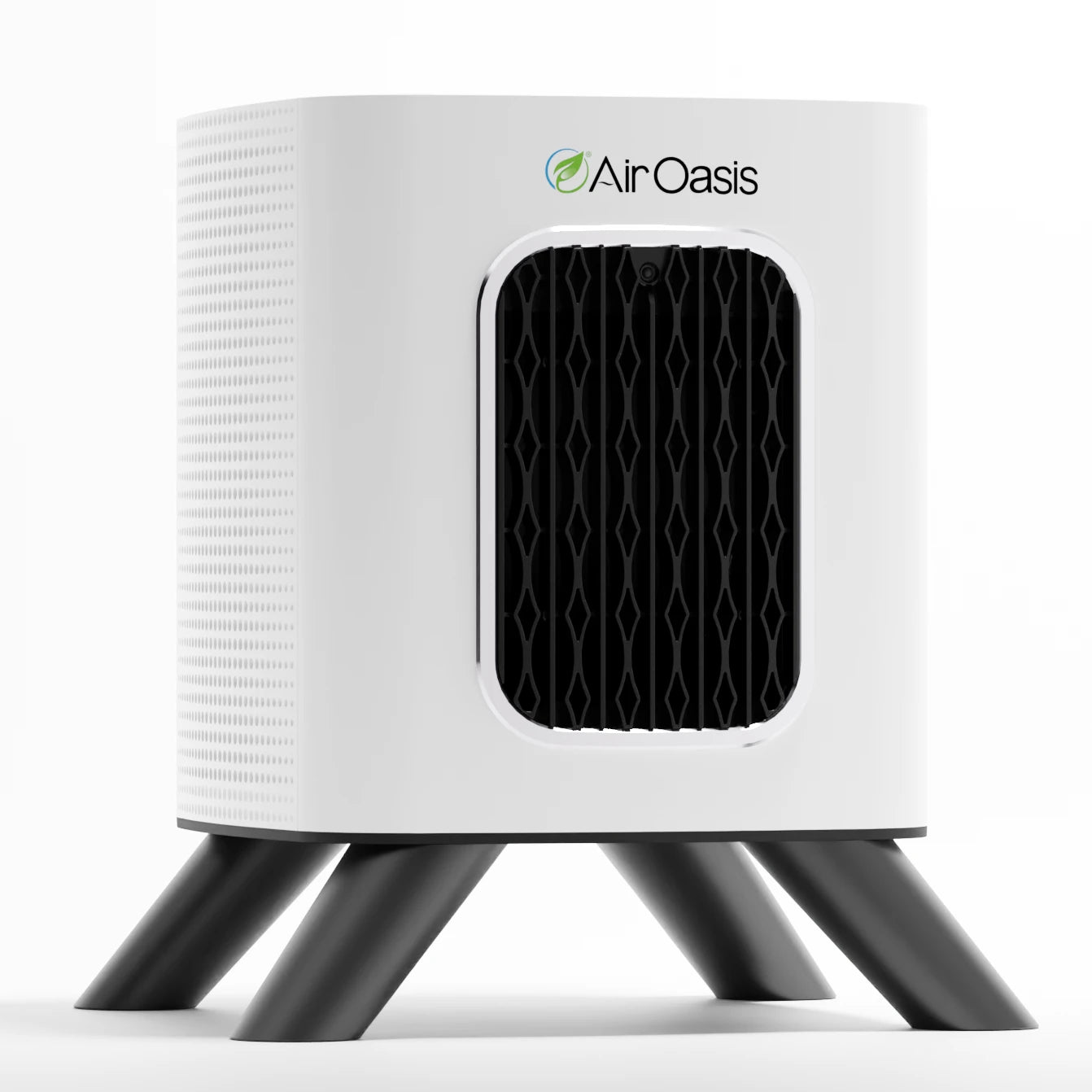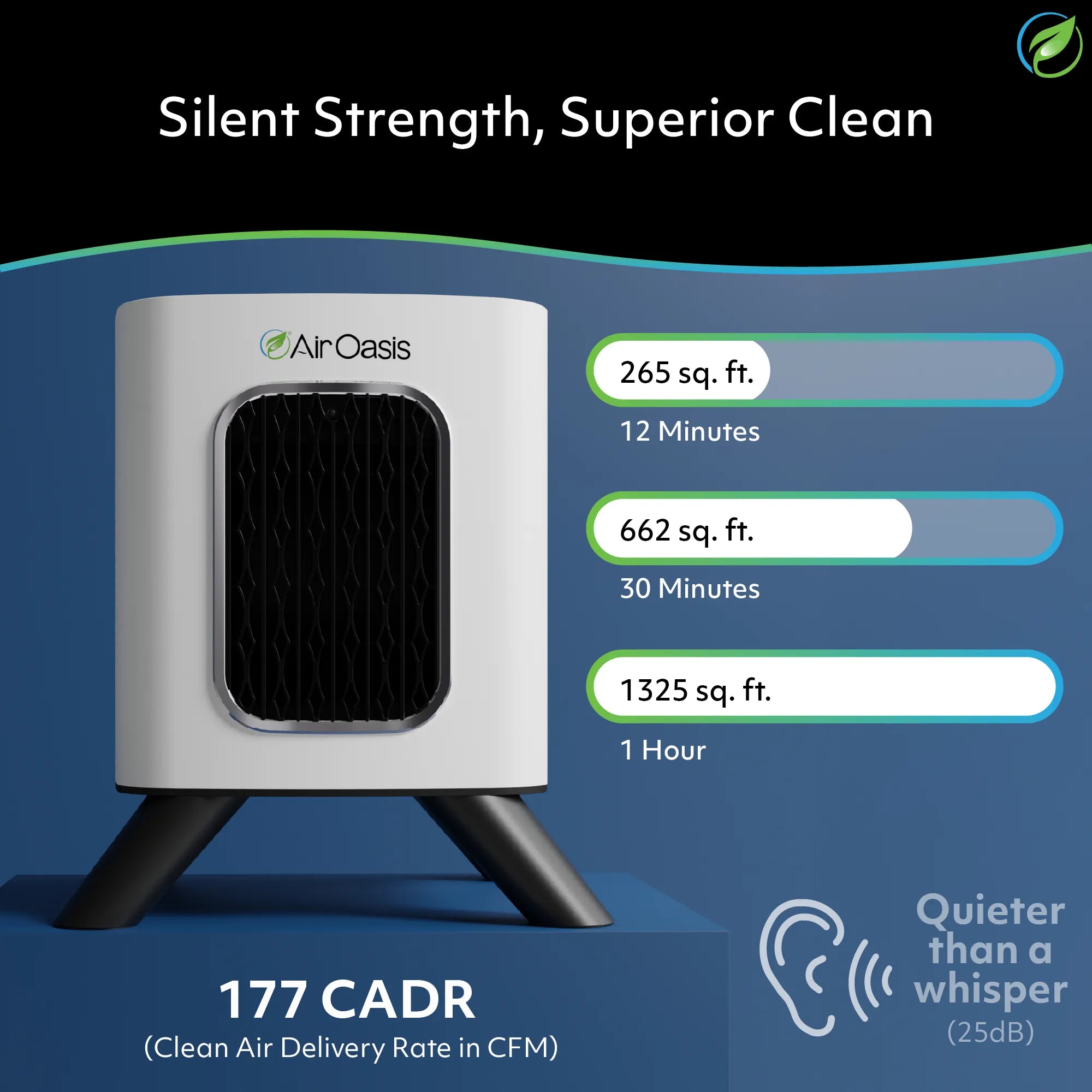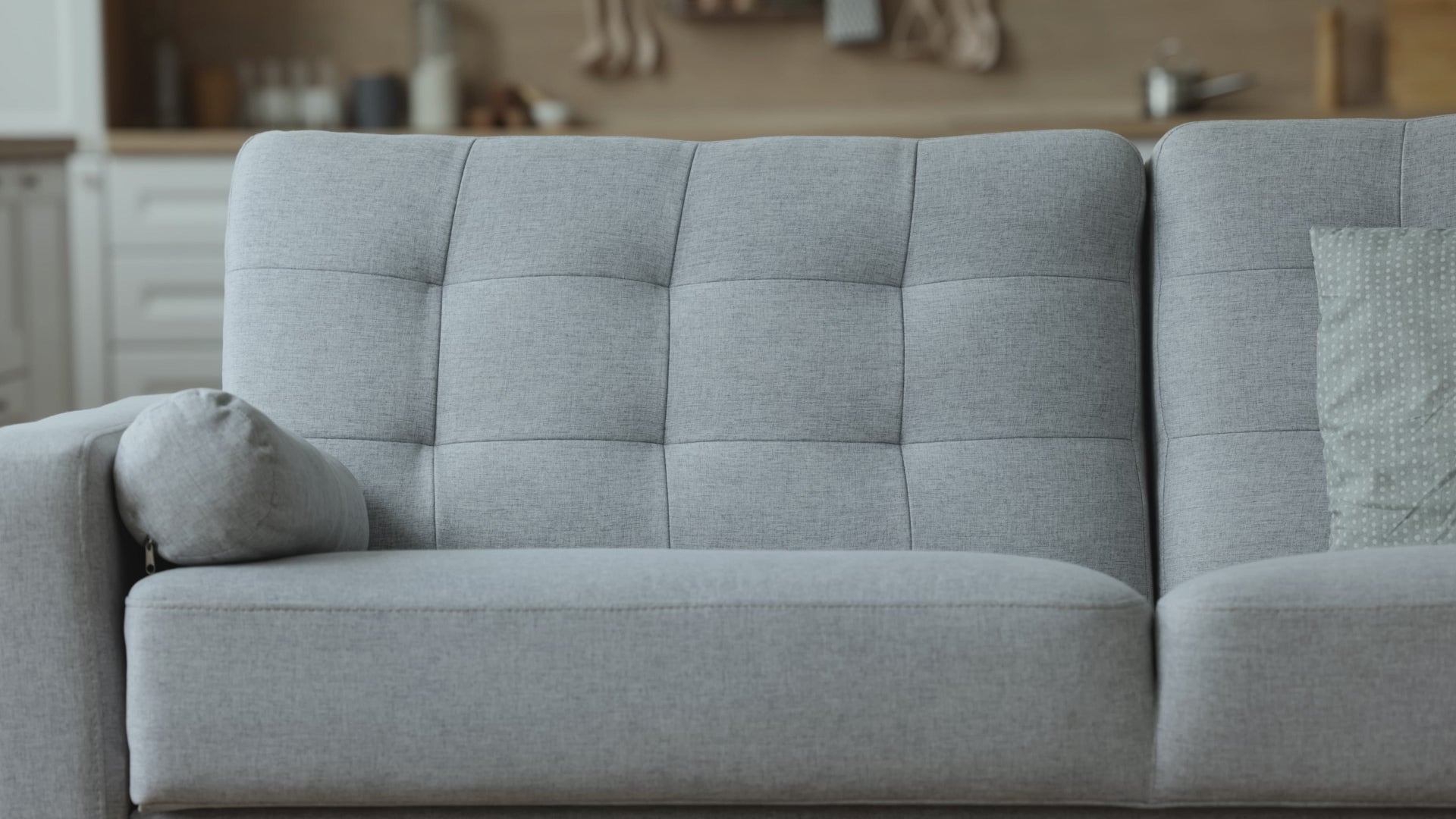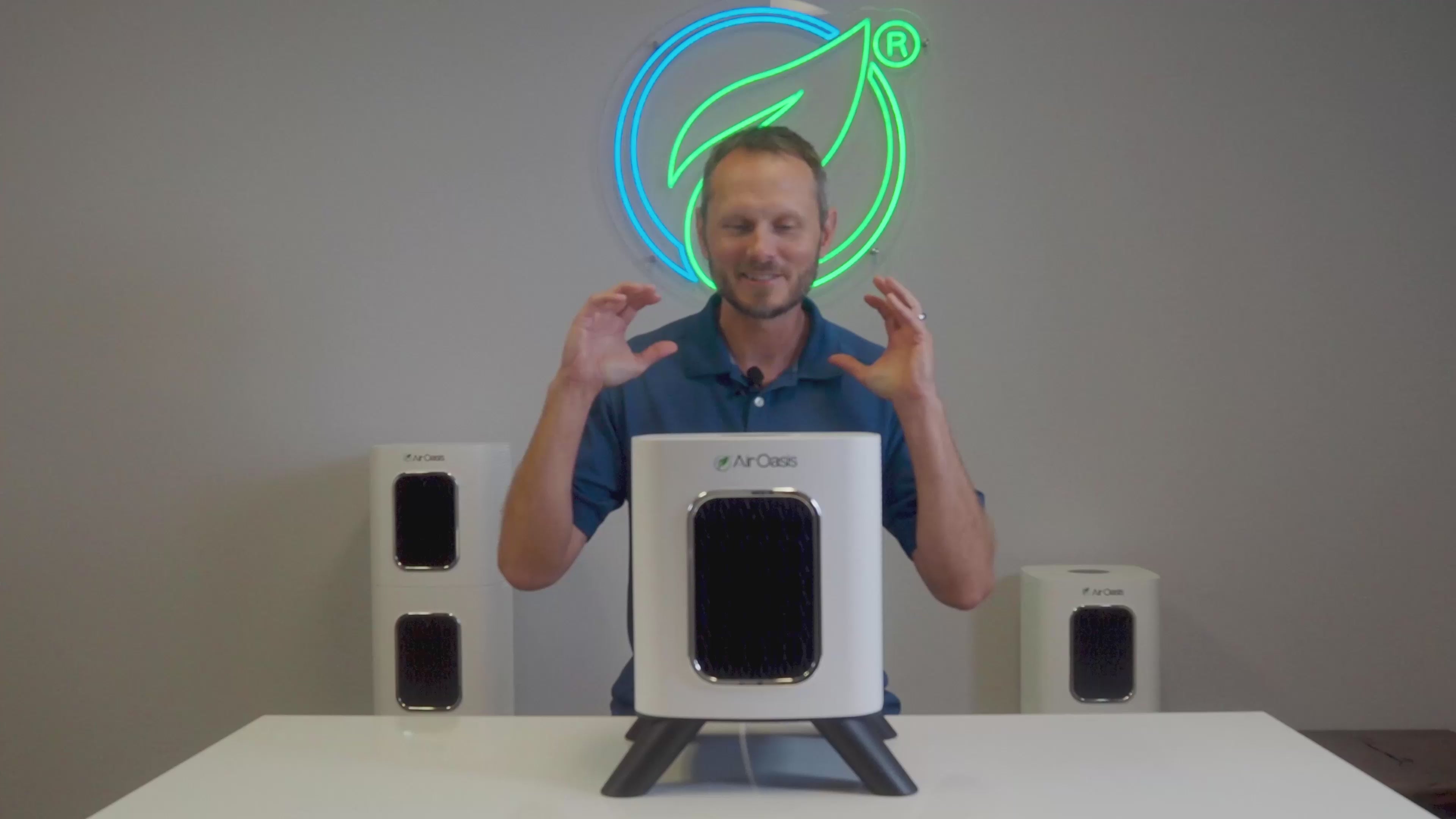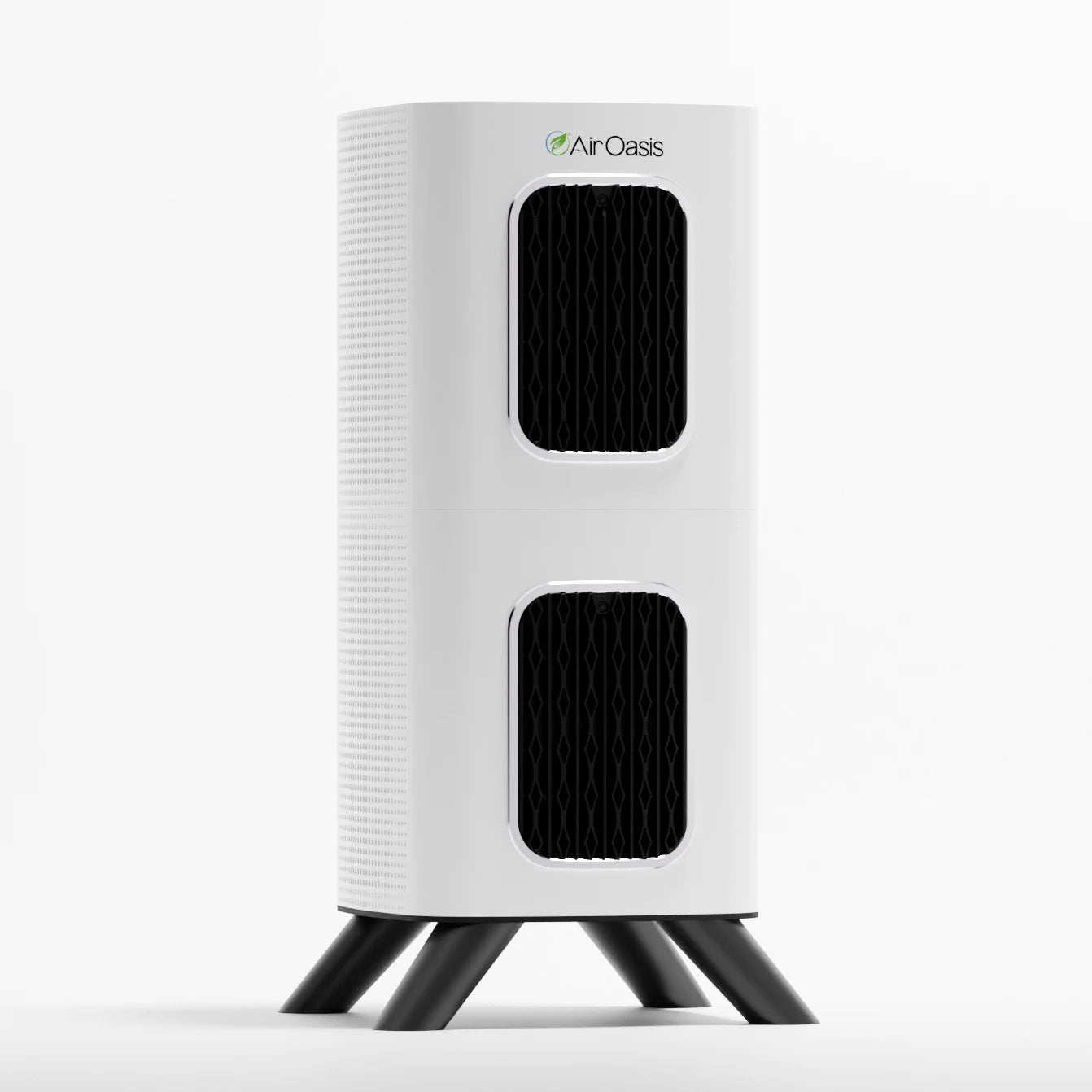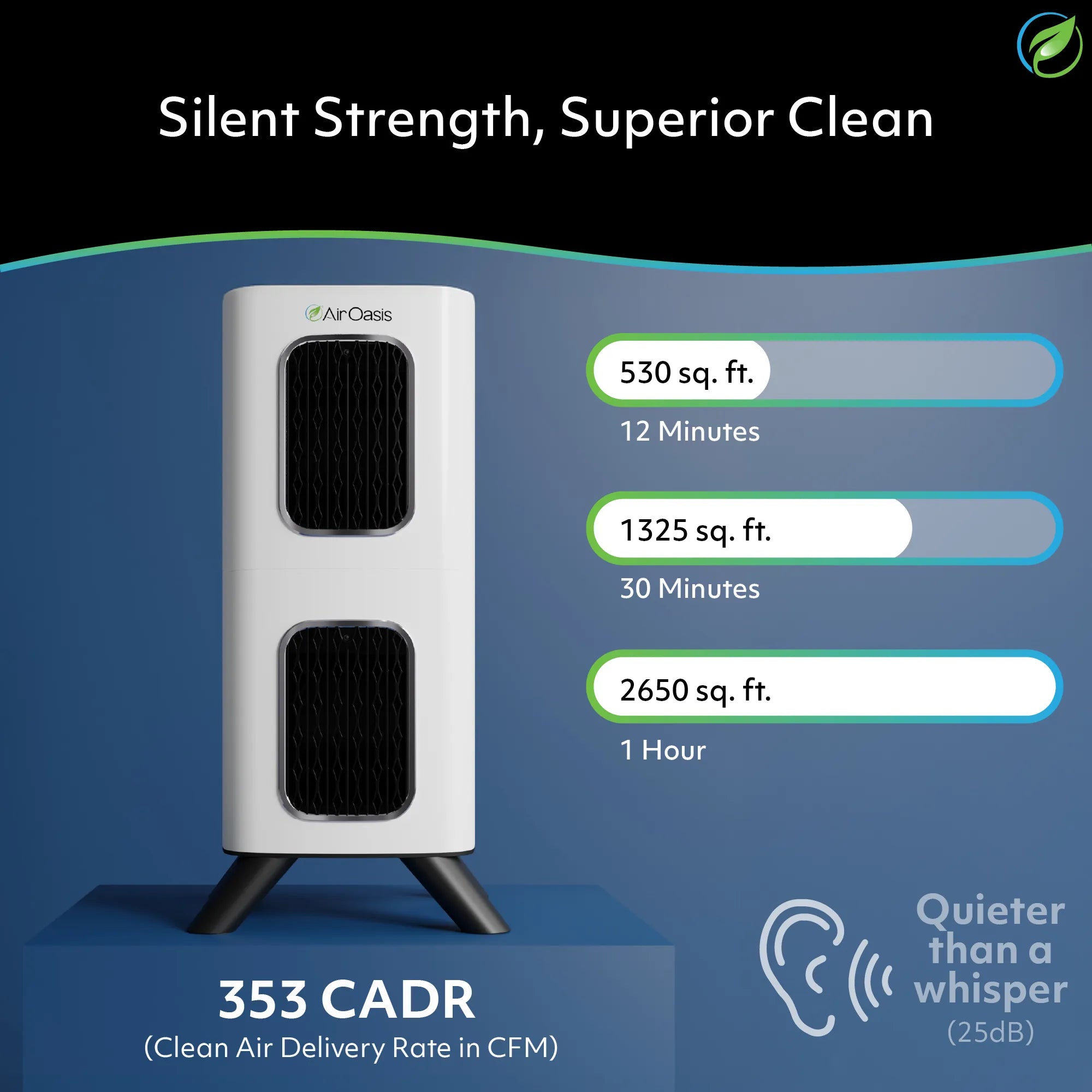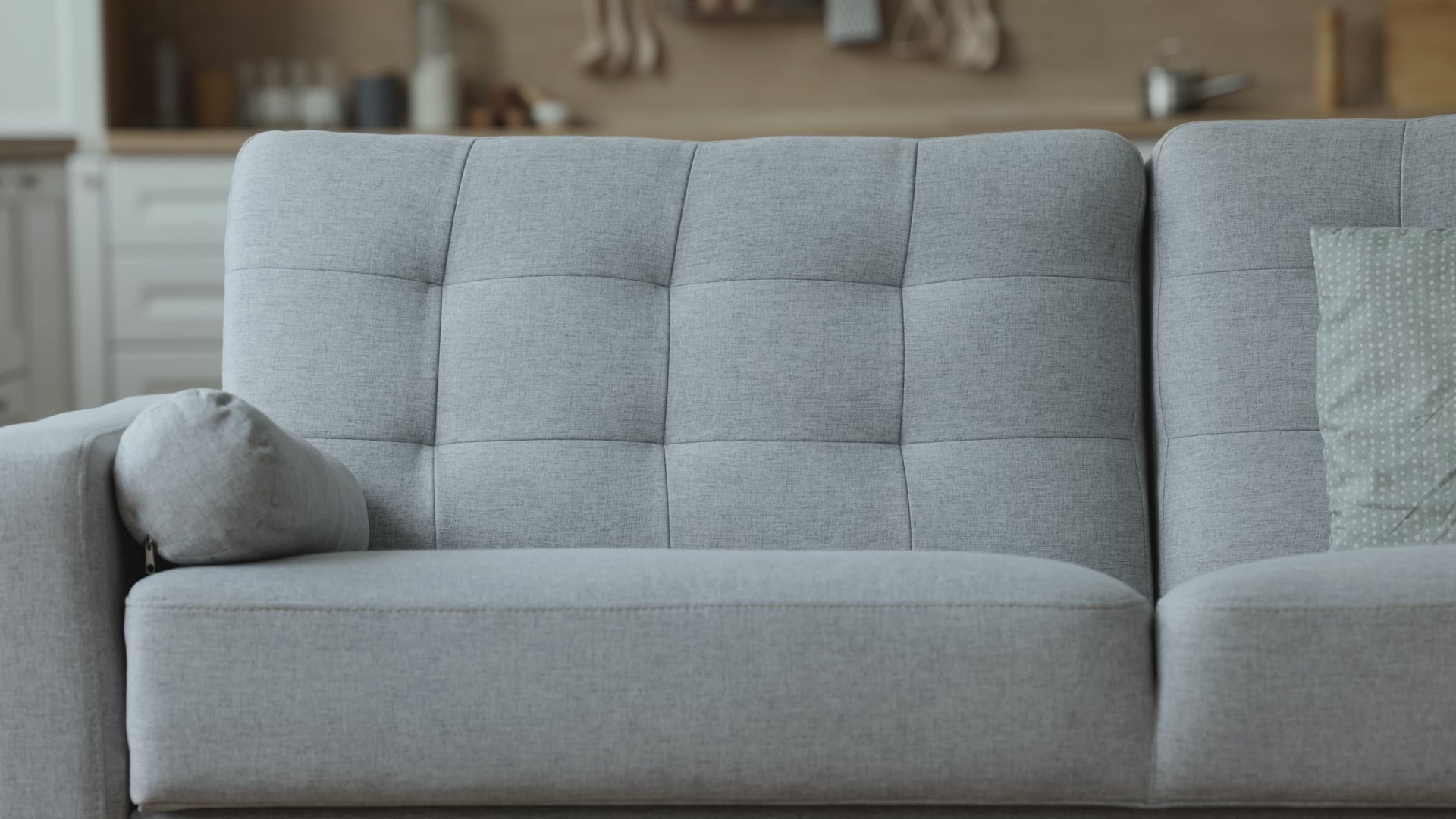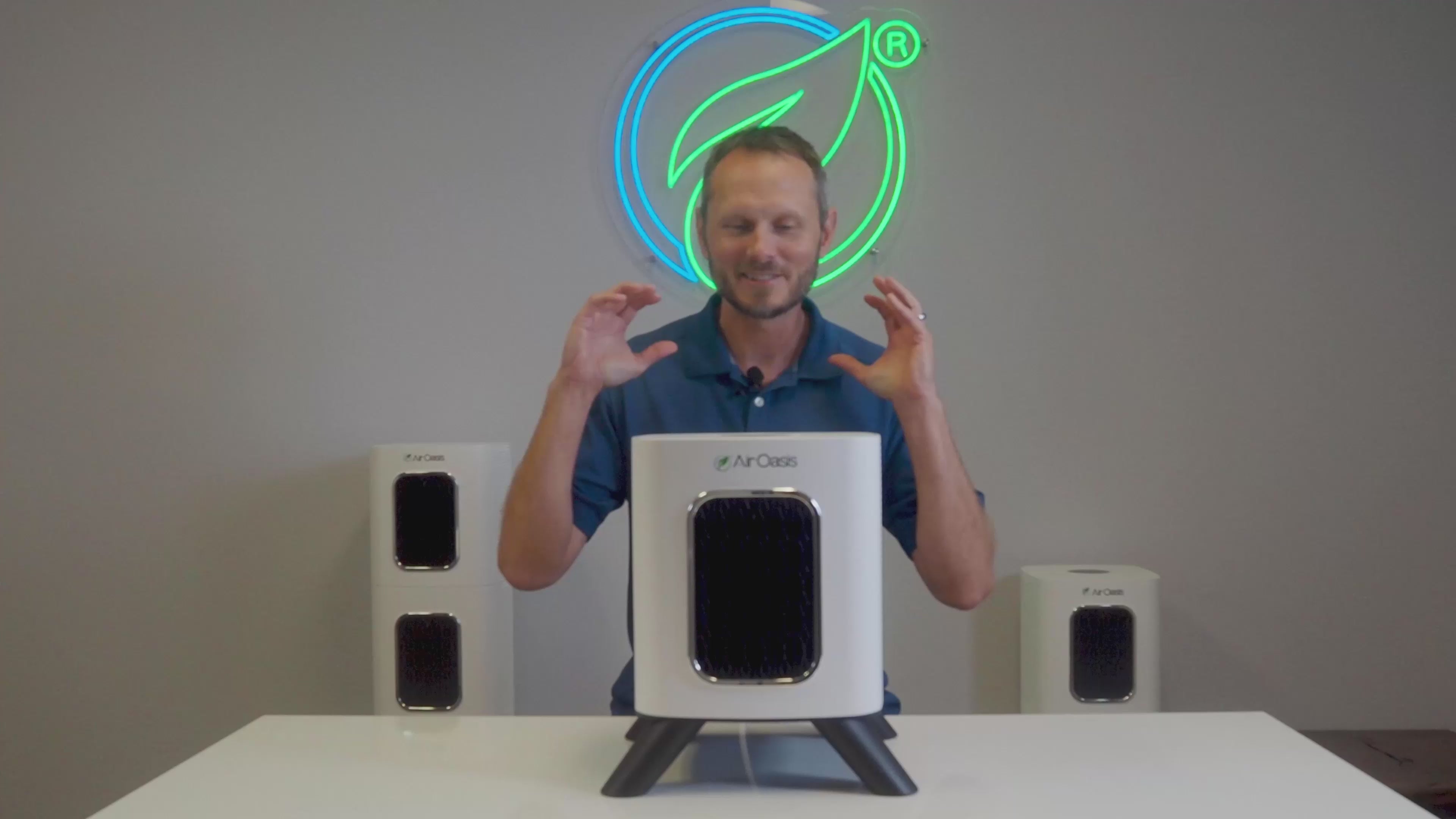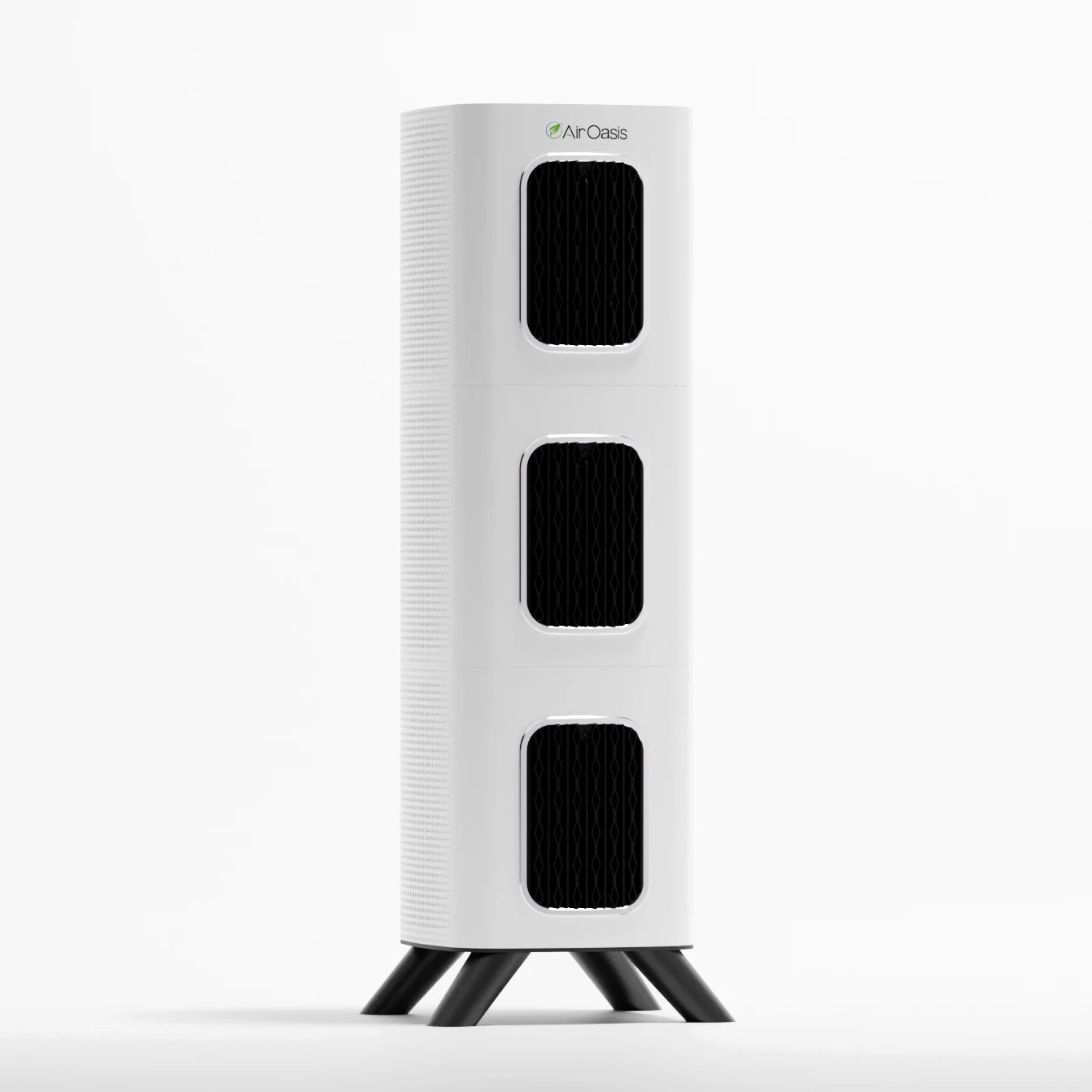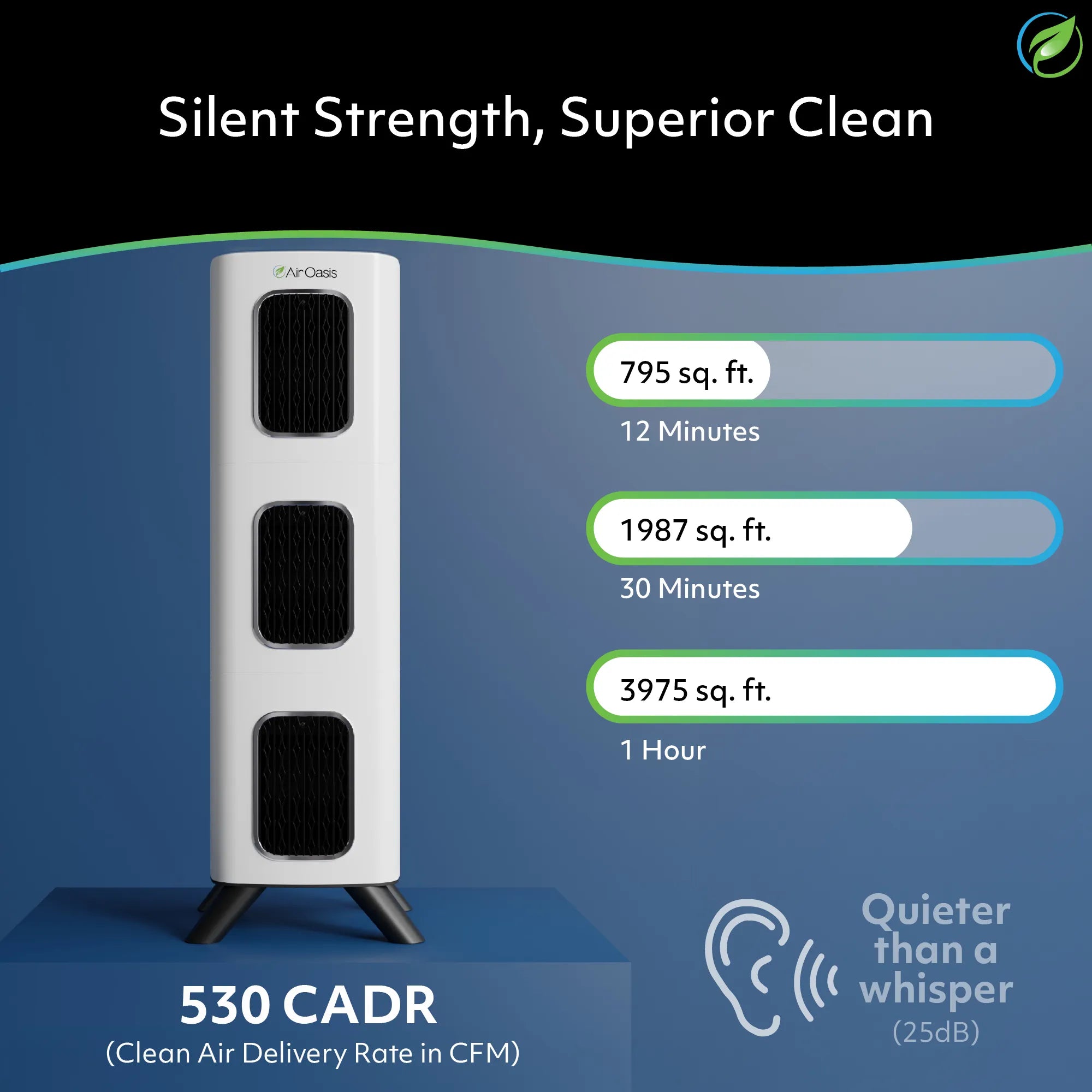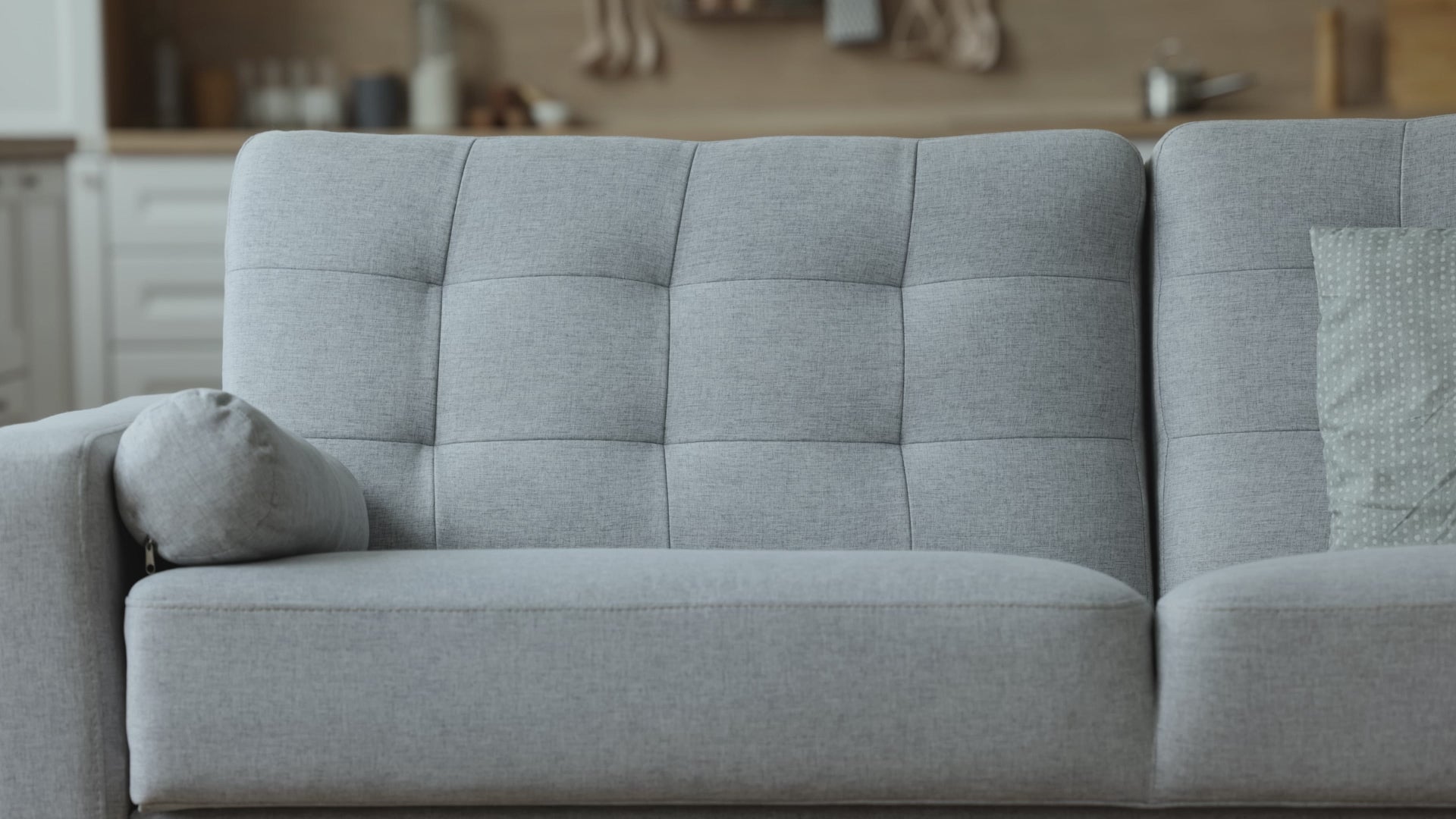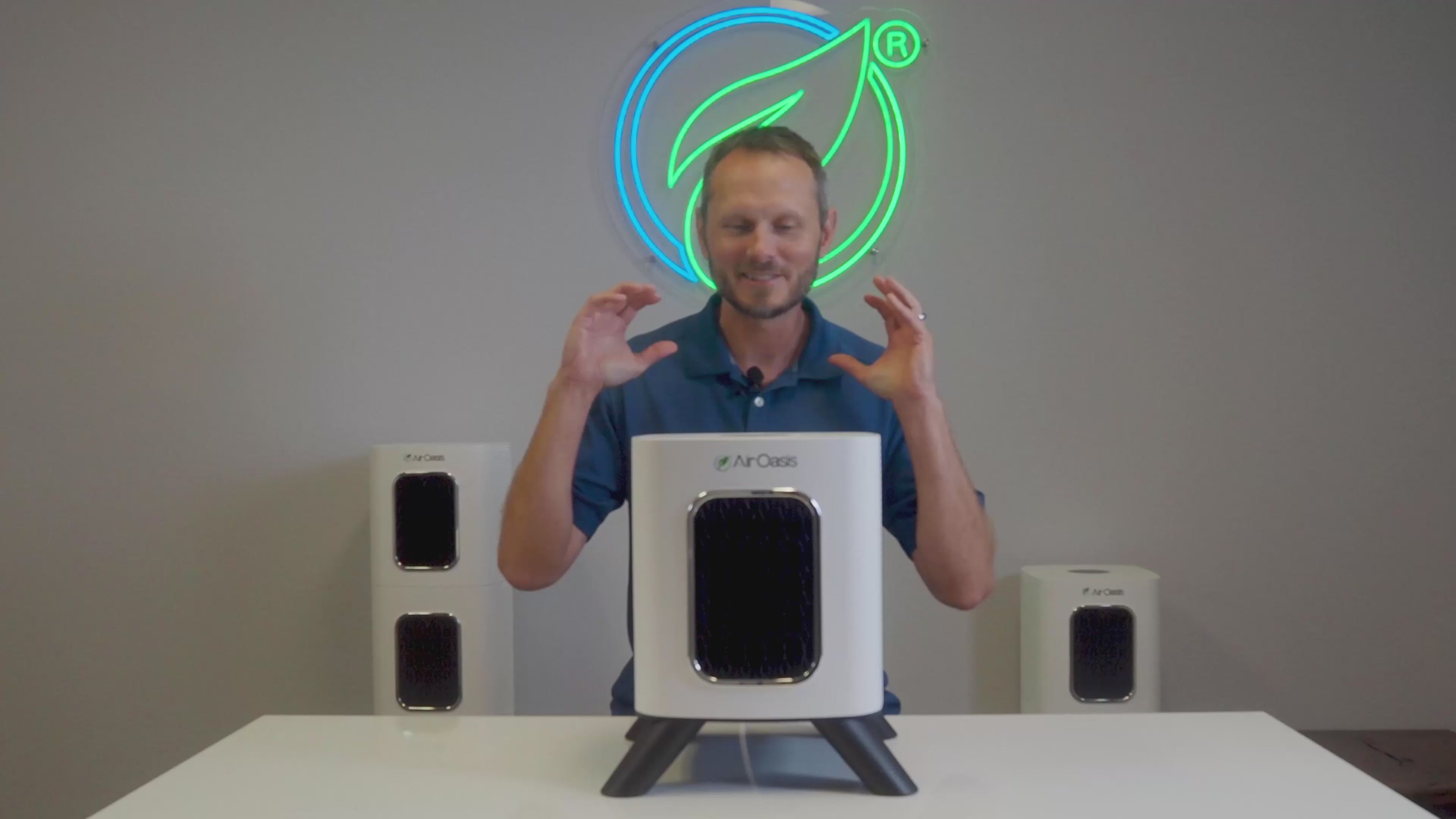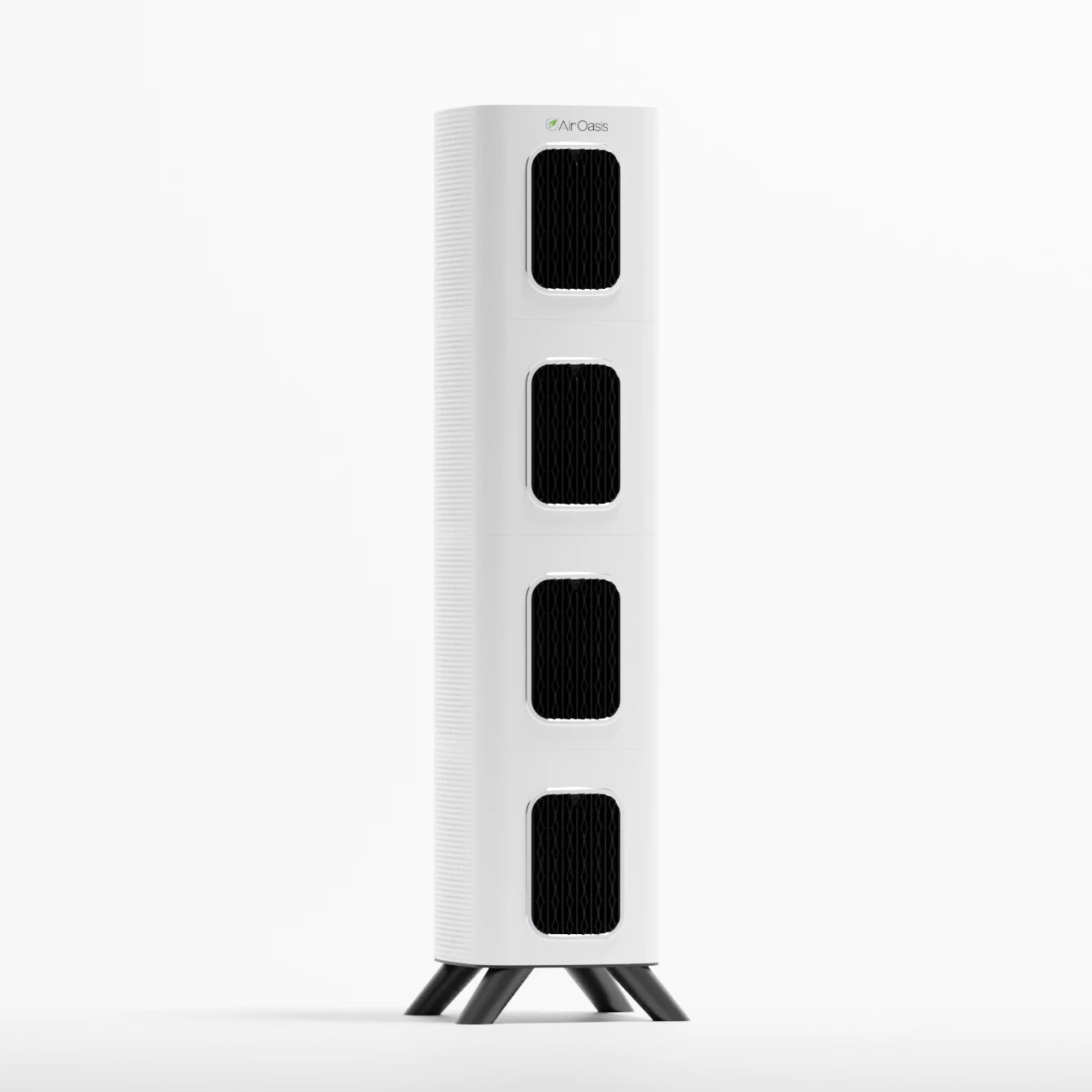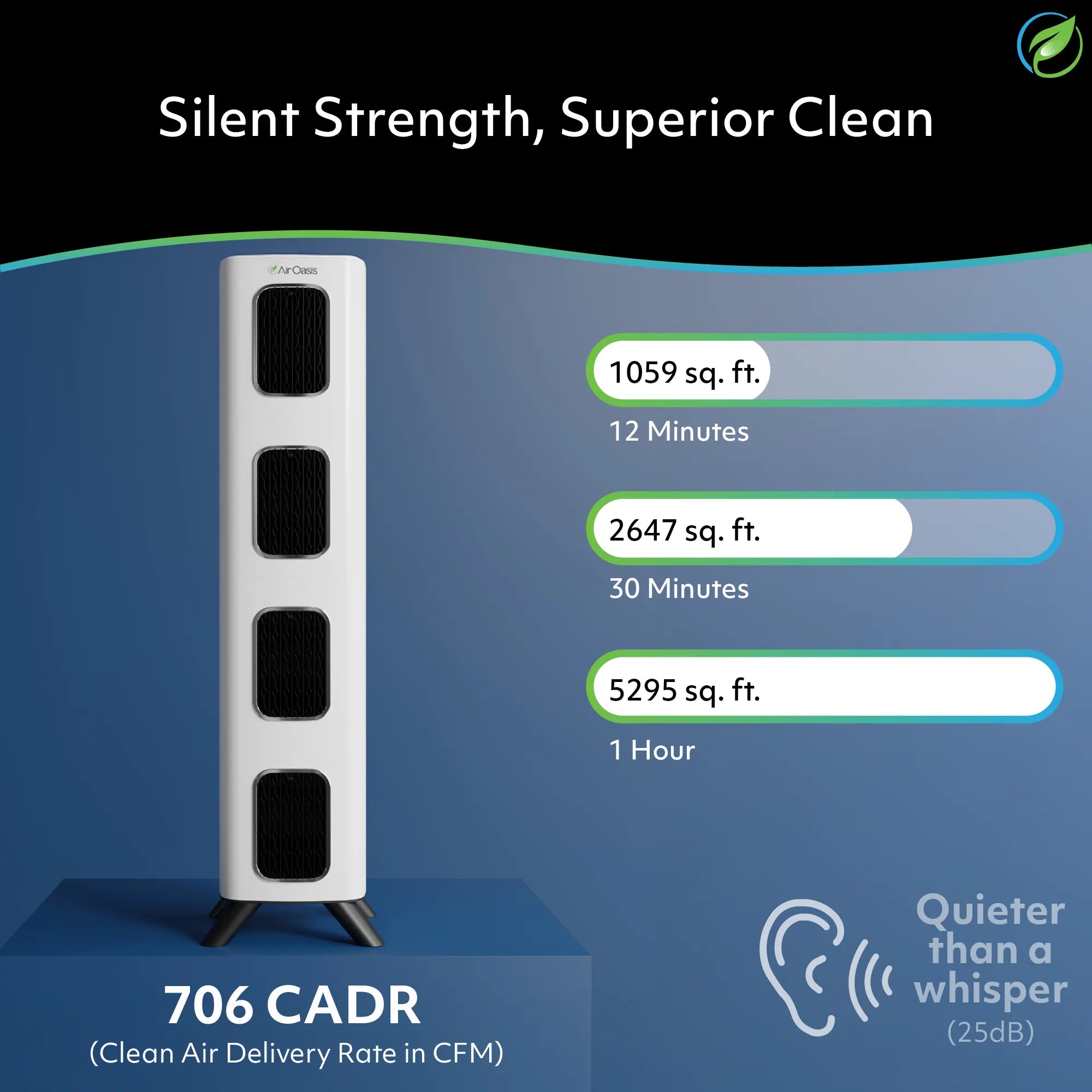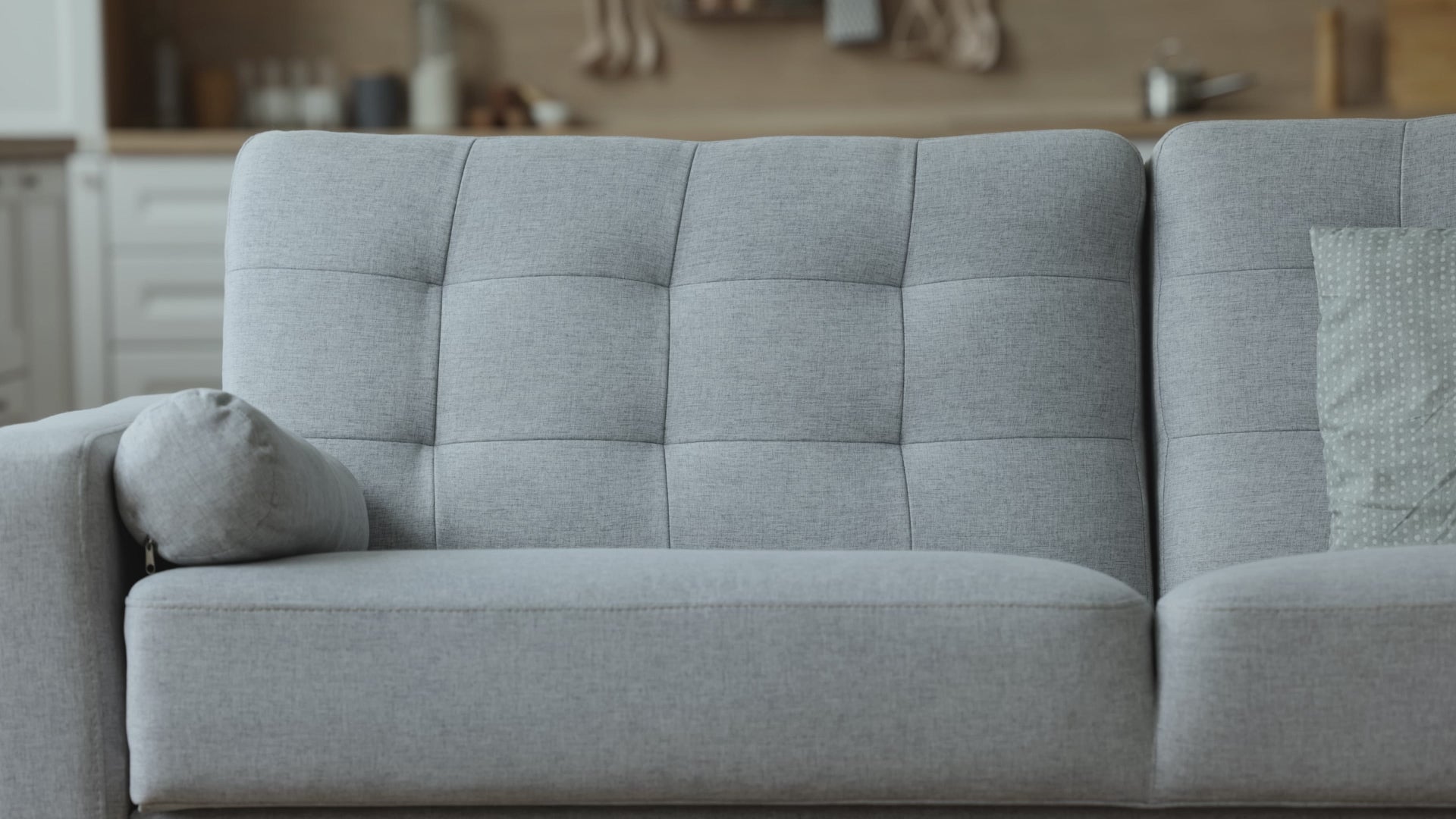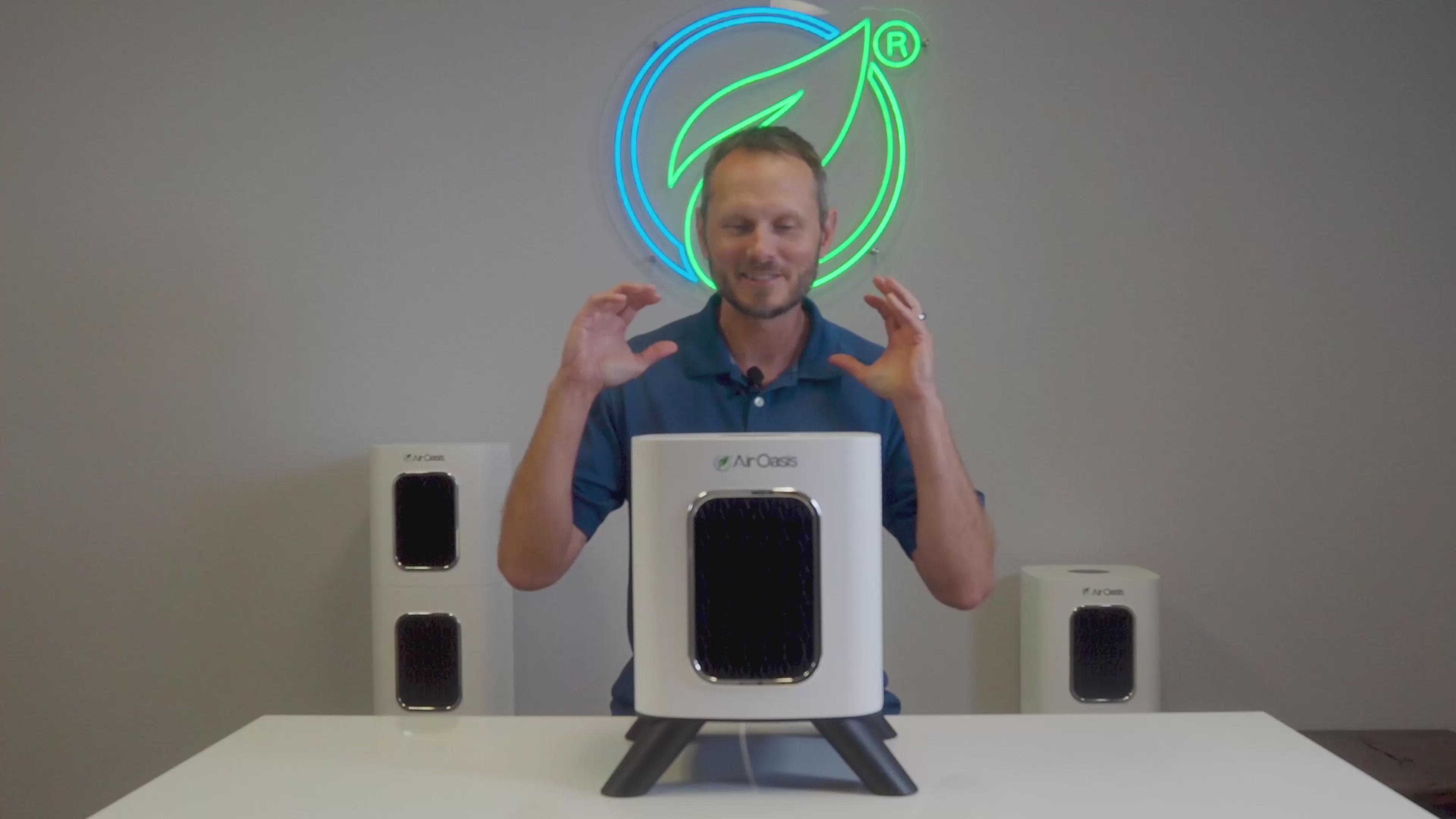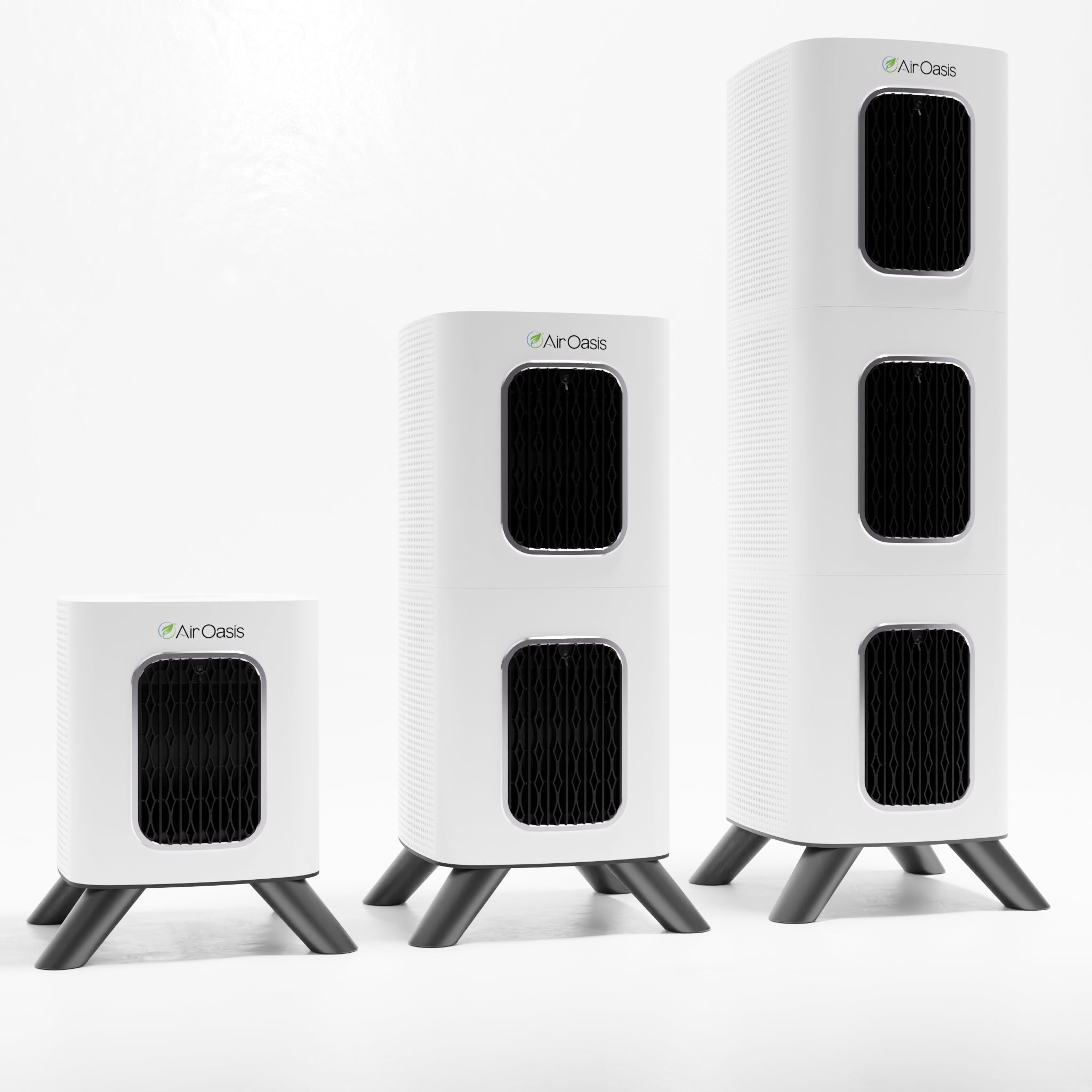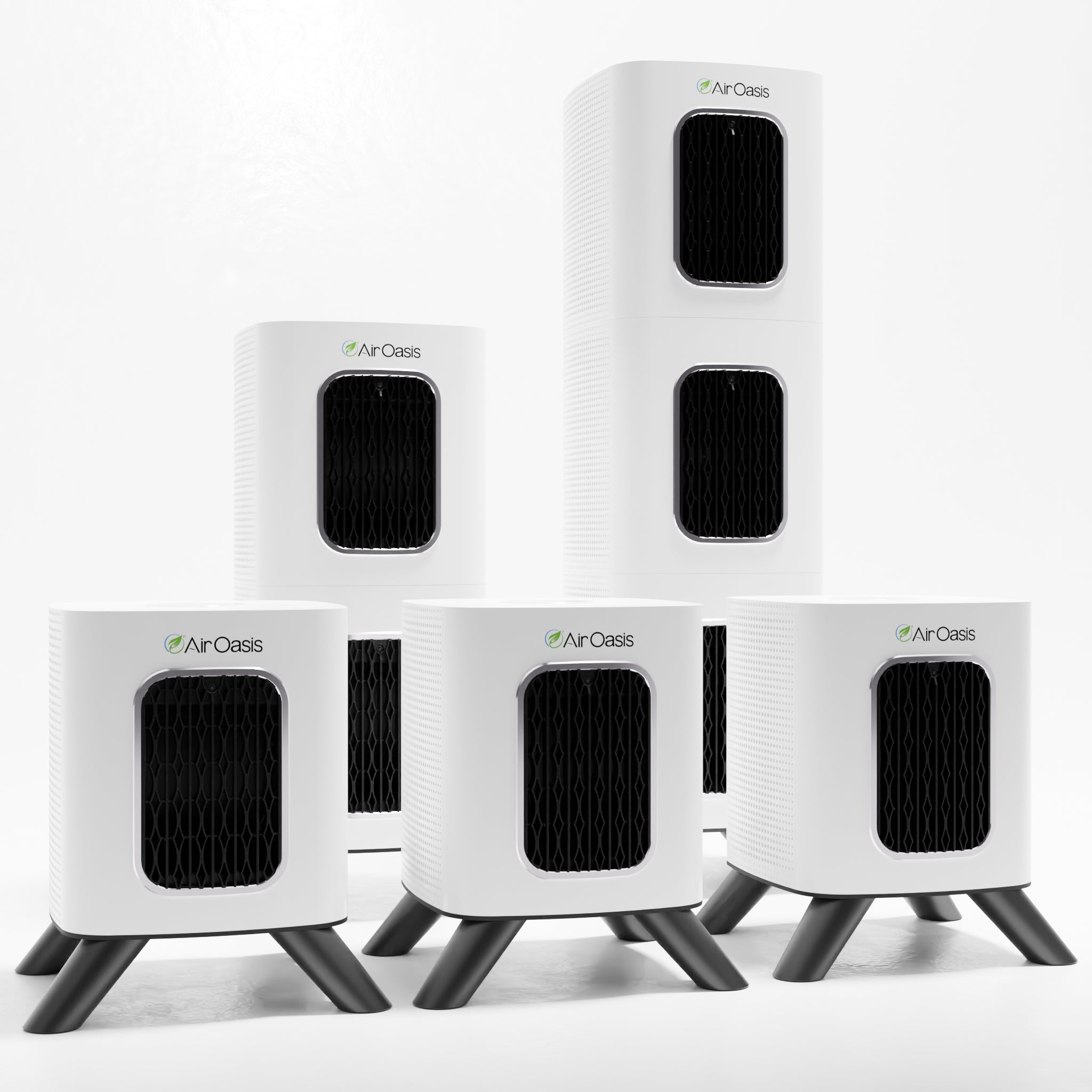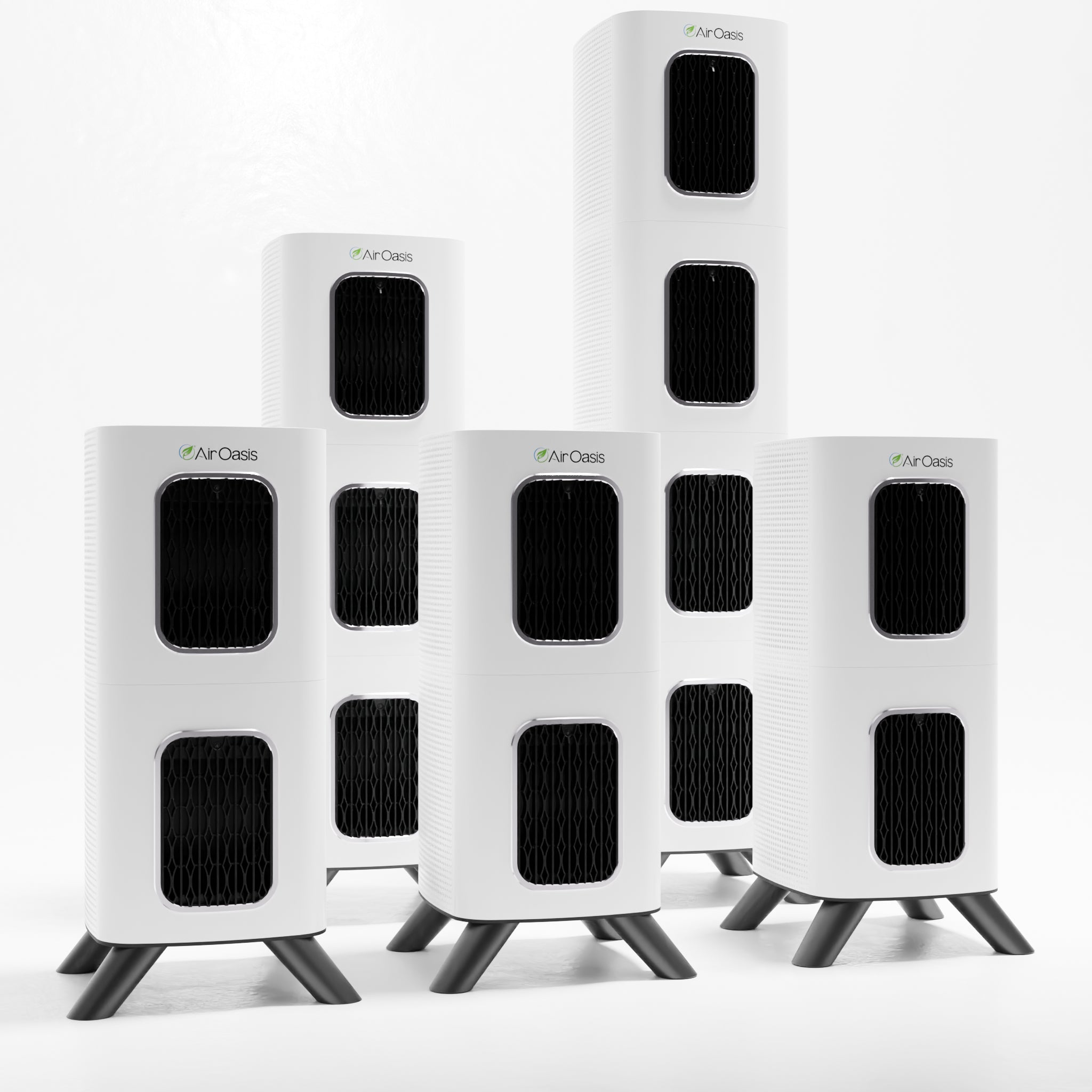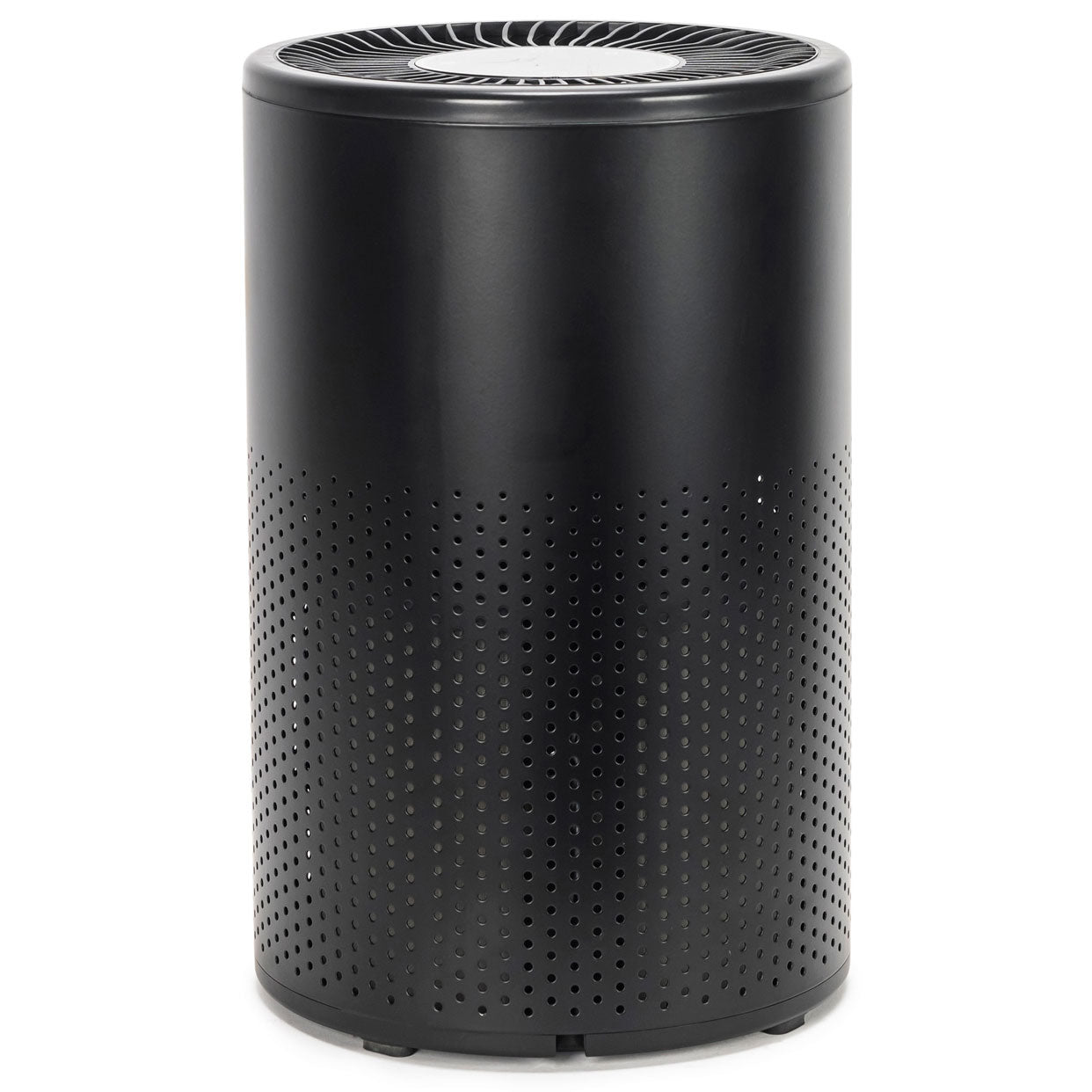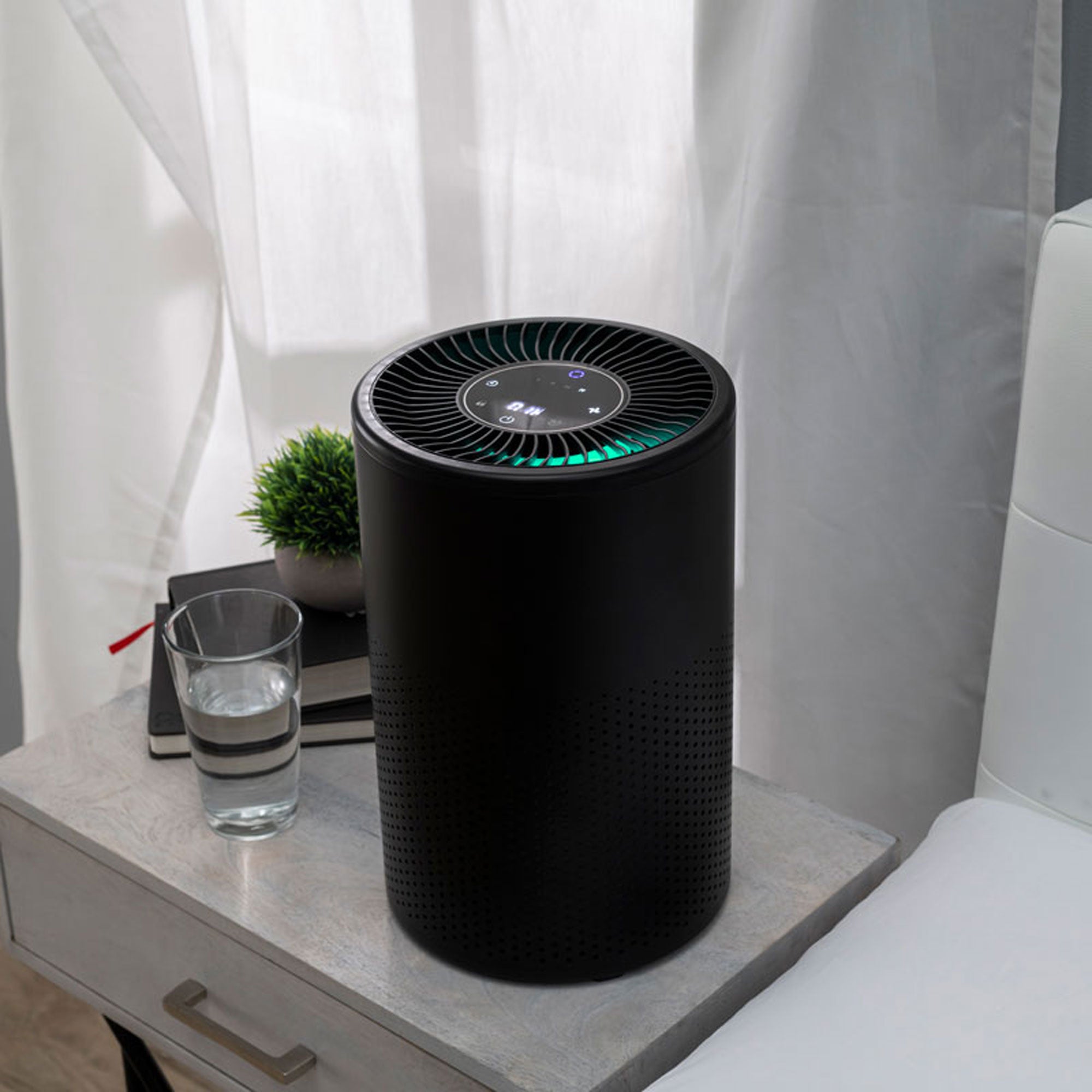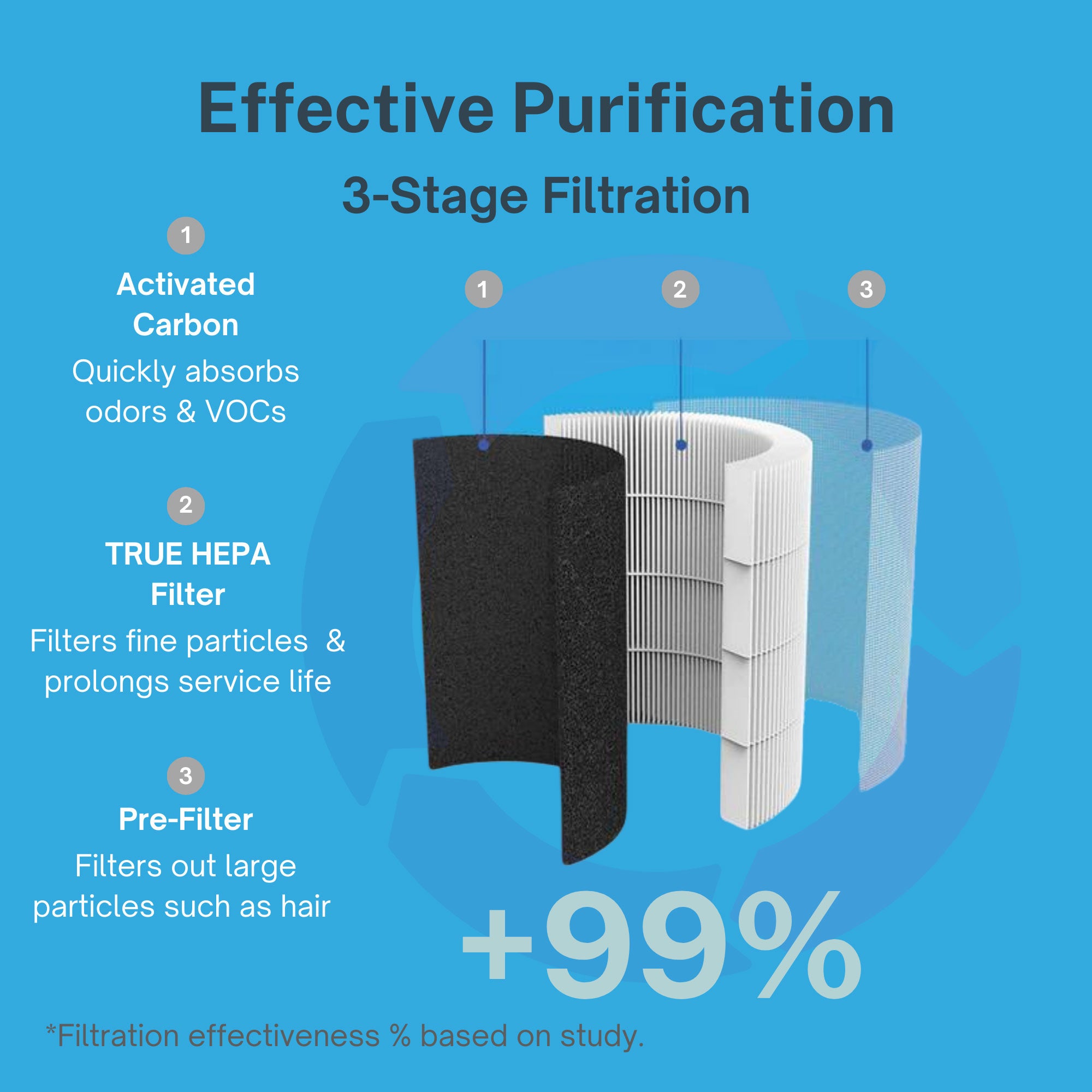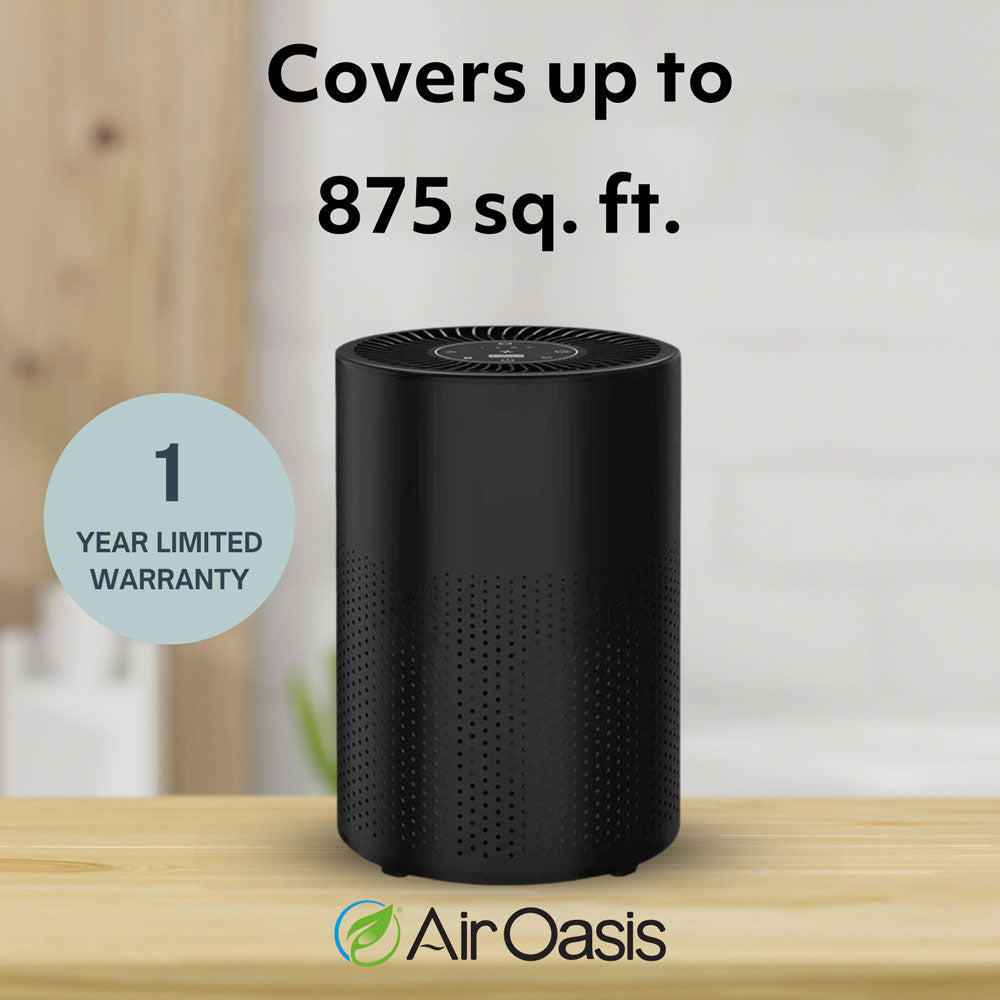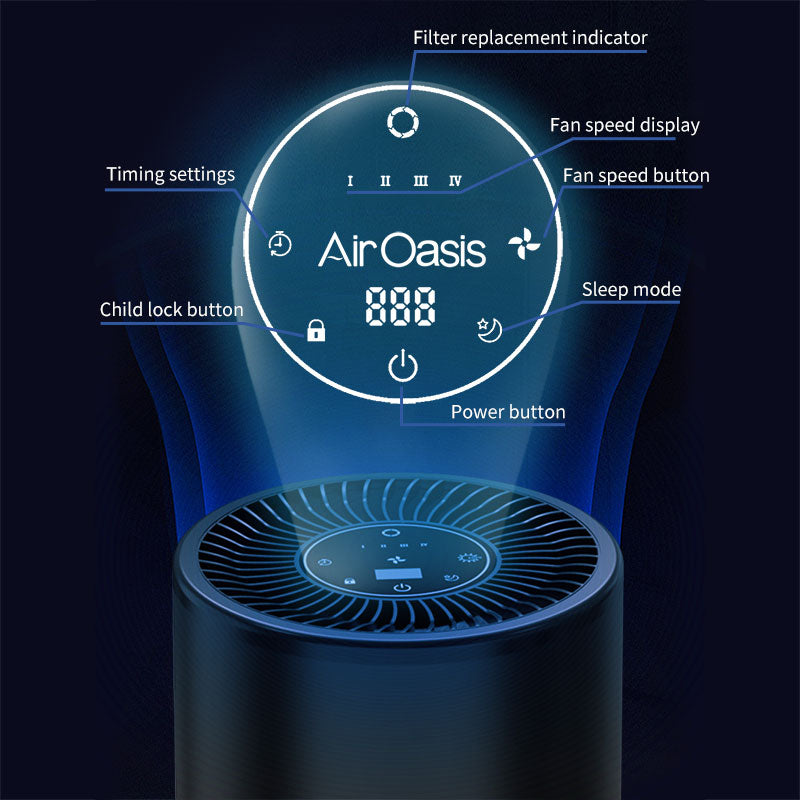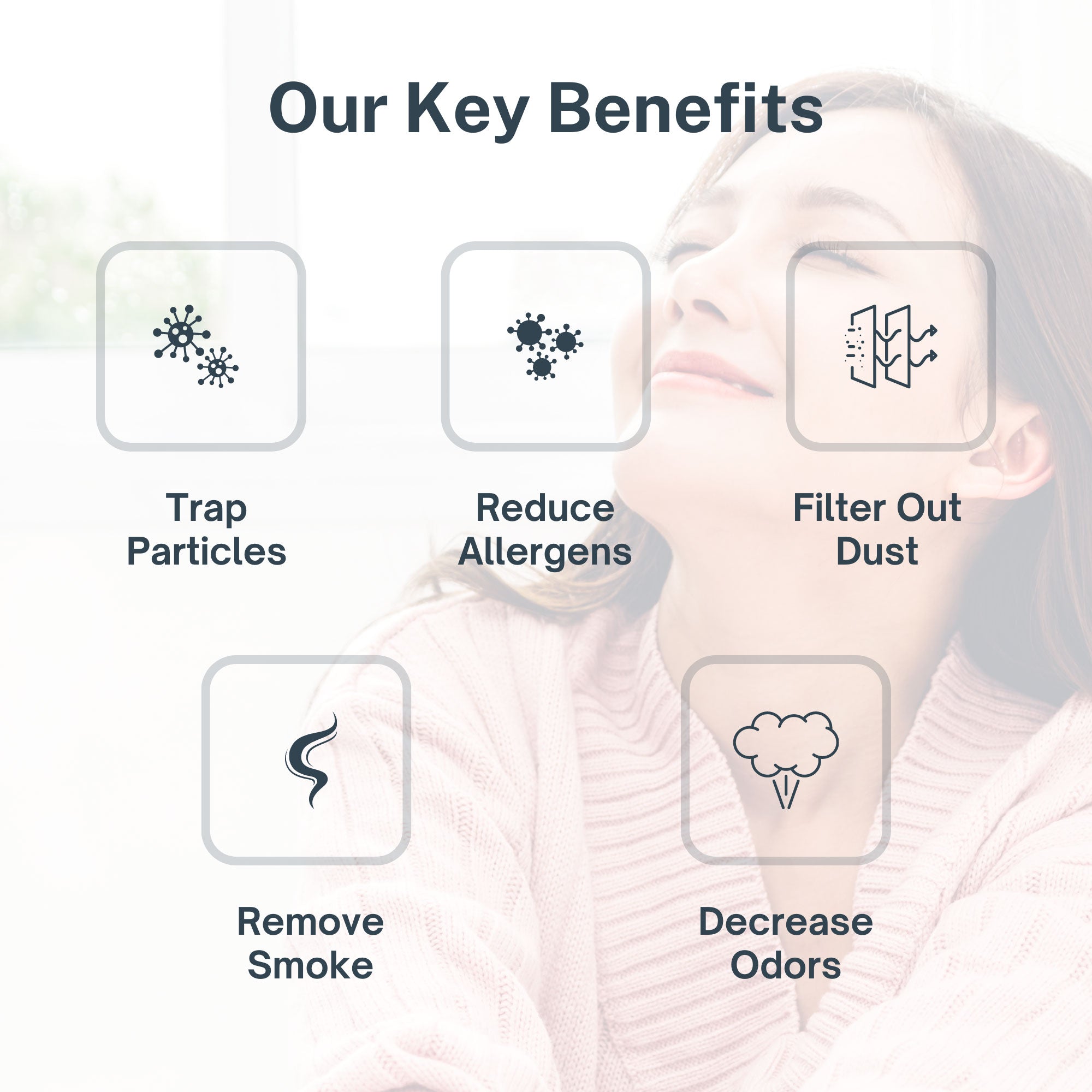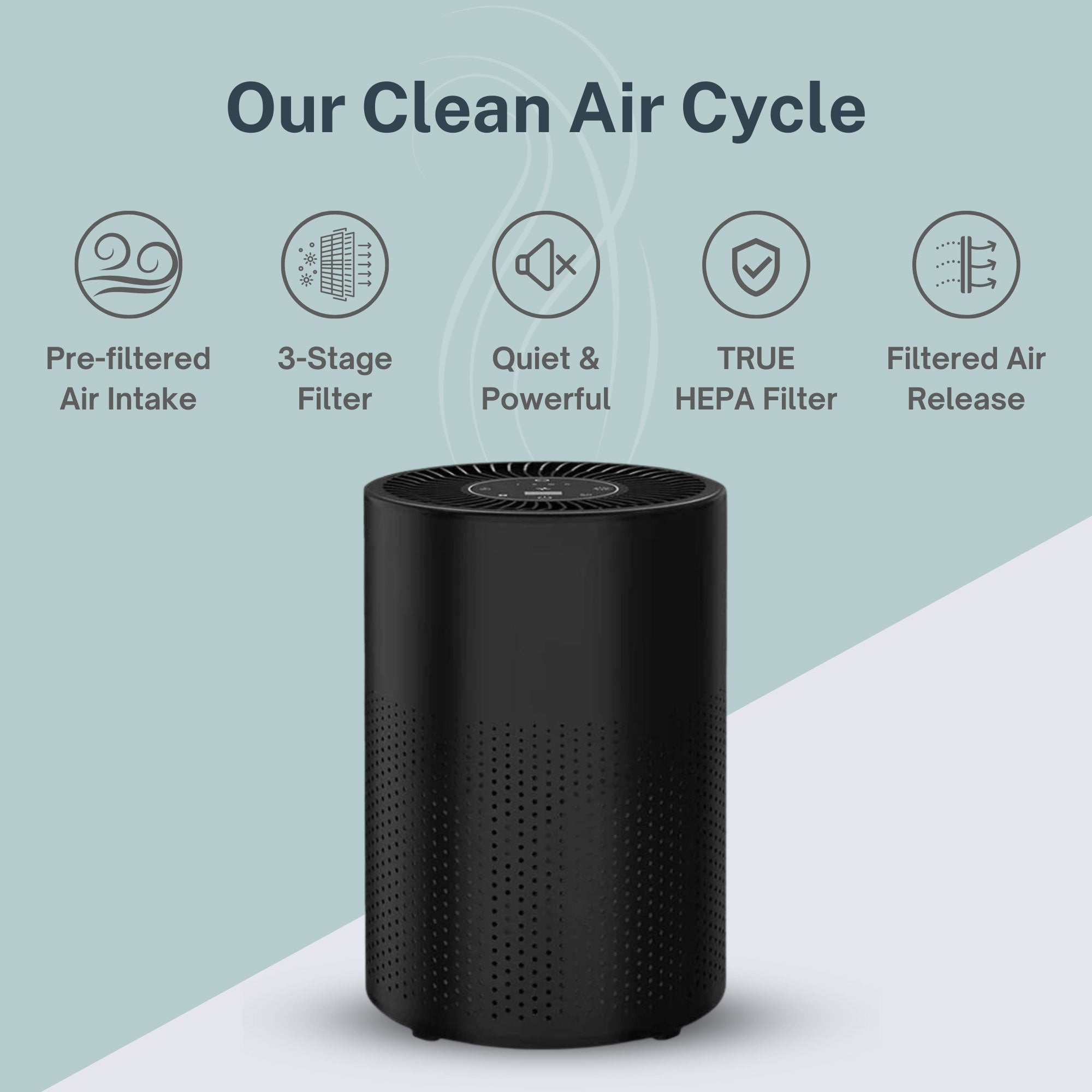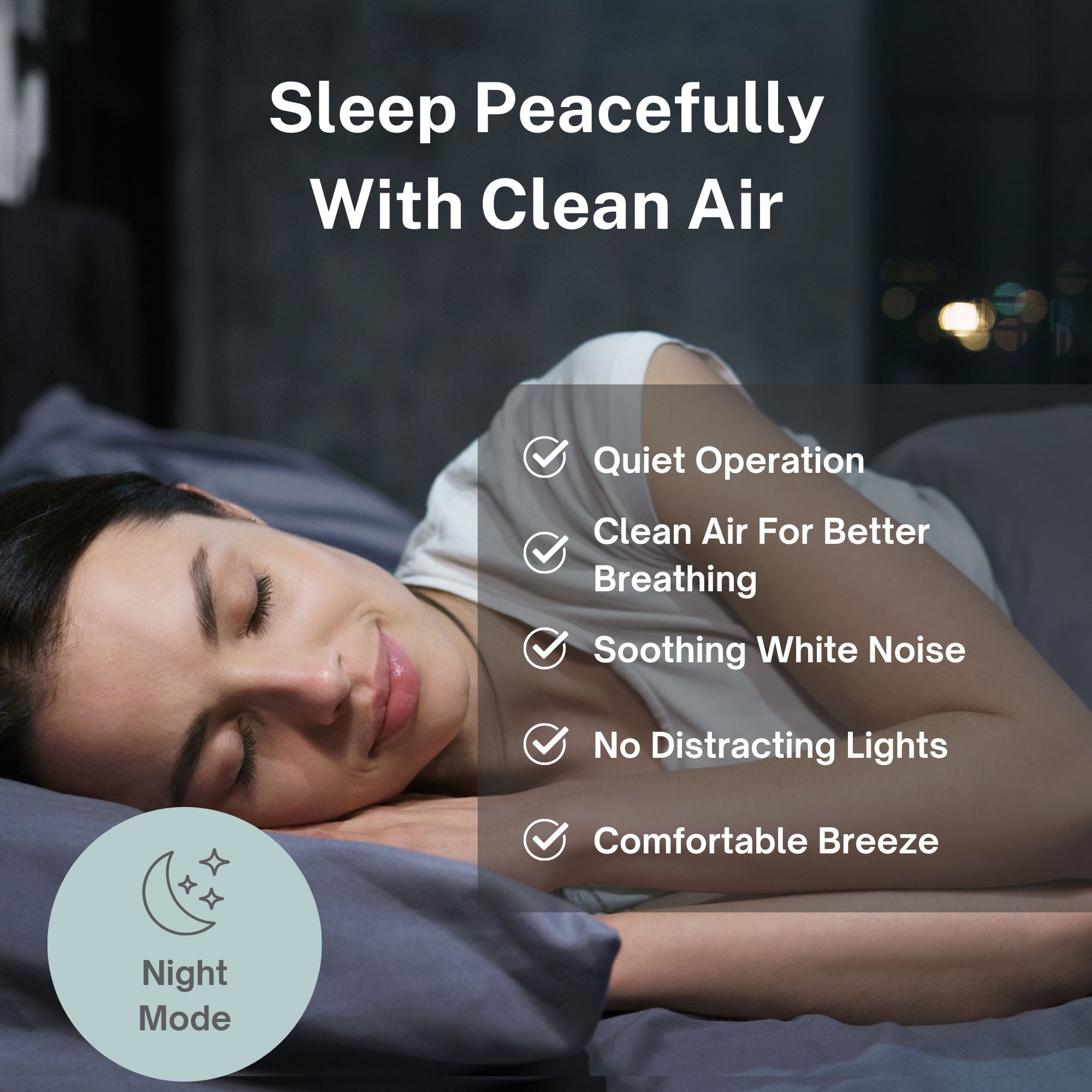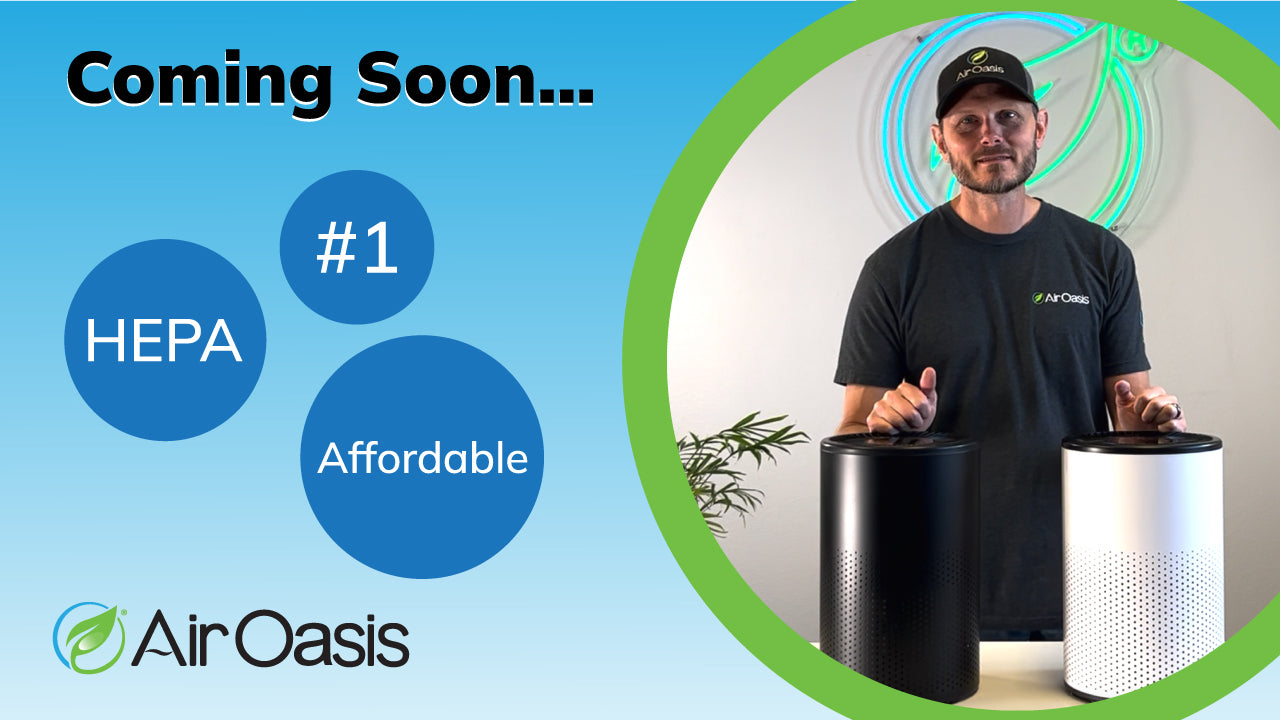Ionic and HEPA air purifiers are both very common solutions to many homeowners’ indoor air quality concerns. Both are designed to improve air quality but do so in very different ways. This means that both types of air purifiers are better at cleaning different aspects of your air.
Not sure the difference between an Ionic purifier and a HEPA purifier? Don’t worry. In this post, we will explain the pros and cons of each so you are armed with the best possible information to make the decision that is right for you, your home, and your family.
Ionic Air Purifiers
Instead of relying on fans to move air through filters, ionic air purifiers send out negatively charged ions that bind to positively charged pollutants in the air. This sounds complicated, but is actually a very simple process
While there are a number of different types of ionic purifiers, the most common are electrostatic precipitators and air ionizers.
Electrostatic Precipitators
Electrostatic precipitators use positively and negatively charged plates to collect dirt and dust particles as they pass through the machine. A fan pulls the pollutants towards the electrostatically charged plates and collects them. Rather than having a dirty filter to replace, all you’ll have to do is clean the plates periodically.
The upside of this method is that this type of purifier doesn’t release ions into the air, and mostly filters out larger pollutants. This actually disqualifies them of being true “ionic” purifiers, but they can still sometimes be called such, given their filterless style.
Air Ionizers
Air ionizers, on the other hand, release negatively charged ions into your air and bind to the dirty particles, causing them to become too heavy to float. They fall out of the air and settle onto surfaces in your home. Then, simply clean as normal to wipe up the dust that has settled and remove the pollutants from your home.
Why Choose an Ionic Purifier?
The process of ionic air purification sounds complex, but in practice is really quite simple. Because air ionizers have no filter or motor, they are quiet in operation. The design is simple, so negatively charged ions are released with the simple switch of the “on” button.
Ionic purifiers are effective at eliminating even microscopic particles from the air, including bacteria, mold, viruses, volatile organic compounds known as VOCs, dust, smoke, and allergens.
Perhaps the best part of ionic purifiers is that they are inexpensive to own and operate. Without a fan or motor, they use little energy. Without a filter to replace, they involve little to no maintenance costs.
The downside of ionic purifiers is that, depending on the quality of your unit, they can be inefficient or limited to the area in which they are effective, resulting in the need to purchase several units. It’s important to note that some ionic purifiers can also emit unsafe levels of ozone, which can be toxic.
"Ionization itself is a 100-year-old technology. When applied to air purification, ions interact with and deactivate contaminants such as viruses & bacteria, mold, allergens, VOCs, and odors, creating a healthier living environment to improve well-being".
HEPA or Carbon Filter Purifiers
HEPA stands for High Efficiency Particulate Air. This type of filter involves passively removing contaminants from the air by pulling air into the filter with a fan and then moving it through a complex filtering system.
HEPA purifiers use glass fibers in a strategic configuration to capture large particles such as mold, dust, and other allergens while clean air freely passes through. This process traps contaminants within the filter, which should be changed periodically.
Some HEPA filters come with anti-microbial coatings so that mold spores don’t reproduce within the filter, further contaminating your home.
HEPA air purifiers with carbon help filter out smaller pollutants as well as fumes, smoke, and other odors.
As you might imagine, HEPA purifiers are very efficient, because all air that enters them is cleaned. They are highly effective at removing bacteria and allergens such as dust, pollen, and mold.
On the other hand, it is important to consider that unless they come with an anti-microbial coating, HEPA filters can harbor bacteria and mold, acting as a breeding ground for further contaminants.
They also may not efficiently filter out contaminants under .3 microns, like viruses, smoke, and fumes, unless they combine carbon and microbial filters.
It’s important to consider that HEPA air purifiers can be expensive to maintain. Some filters can cost as much as $200 and need to be replaced approximately twice a year. This type of filter also uses more electricity than ionic purifiers.
Determining the Right Purifier for You
To figure out which type of air purifier is right for you, it’s important to first consider your personal needs. What type of issues are you trying to resolve? Are you more interested in removing particular types of pollutants, or are fumes and odors your greater concern?
There are indoor air quality kits available to help you identify which pollutants are the source of many of your indoor air quality problems.
If odors or fumes are a concern, or if there is a smoker in the home, an ionic purifier is often the best choice. If allergens like pet dander or dust are the main concern, a HEPA purifier is the way to go.
It’s important, also, to consider your budget. Ionic purifiers are much cheaper to own in the long run, with lower energy consumption and the lack of filters that need replacing. HEPA filters can be more costly, though there are benefits in function that can offset those costs, depending on your budget and your needs.
Combination HEPA filters can provide the best of both worlds. Our iAdaptAir purifier combines the best of high-end air filtration with the latest ionic air purification technology.
Why Not Both?
Ionic air purifiers are quiet, cost-efficient, and filter-free. HEPA filters are particularly effective at removing odors as well as the smallest particles of dust and pollutants. The iAdaptAir combines the best of both worlds at a greater value than anything else on the market. Either way, you will enjoy the benefits of cleaner, fresher air.
Whichever option you choose, you can’t go wrong with taking the step of ensuring your home and family’s health by providing clean, fresh air to breathe. After all, clean air affects every bit of our quality of life.
Don’t hesitate to reach out for help with making a decision. We offer many solutions to achieving cleaner, better air to breathe, and are happy to answer questions about the pros and cons of each.
